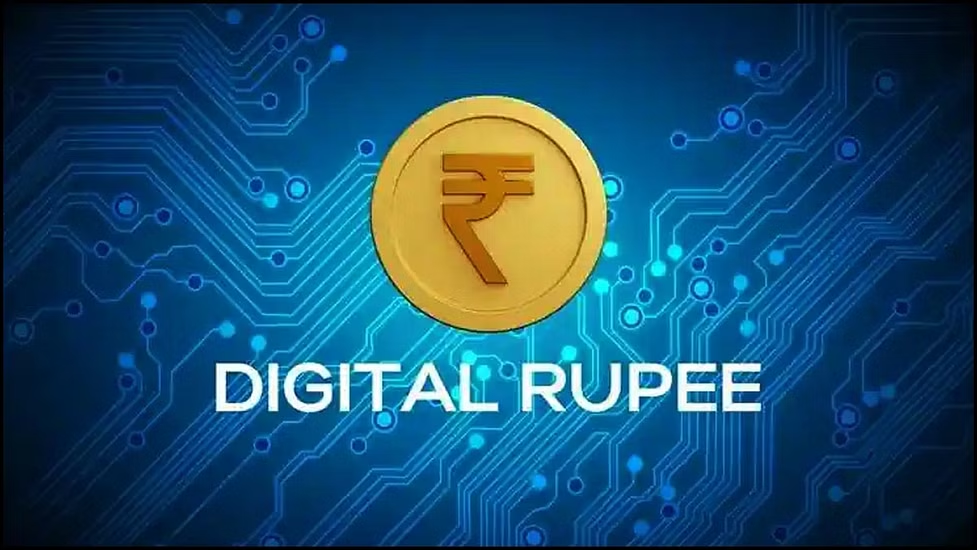92% of the world's currency is digital

Advertisements
The world has seen a major shift from physical to digital money in recent years. This trend has many benefits, making it difficult to return to physical money. However, that doesn't mean that digital money is perfect- it has its own issues. Specifically, digital money is easy to transfer and can be easily accessed by everyone on Earth. However, central banks have trouble monitoring and controlling digital money. Digital money is easy to transfer and can be sent instantly via email or through apps on mobile devices. This makes it ideal for paying bills and making purchases. Plus, most banks have strict safety guidelines for customers paying with digital money. This makes sure that no unauthorized transactions occur during transfers. Digital money also allows consumers to make payments without giving their personal information away to merchants. This makes digital money ideal for online shopping. In addition, the lack of physicality in digital money makes it impossible to counterfeit. This means banks can hold less risk when storing digital money versus physical currency. Many governments are struggling to catch up with the transition to digital money. Digital currency is much more convenient for the public compared to paper bills. However, this tendency toward transparency makes it a poor tool for criminal organizations and governments. Certain central banks are using blockchain technology - the basis of all digital currency - as a way to secure their countries' financial systems. Digital currency is especially useful in countries plagued by economic instability and high inflation. Digital currency also allows for direct transfer of funds between countries without the need for intermediaries such as banks or credit cards companies. The use of global digital currency has gained momentum in recent years as a way to help the world's financial systems cope with the transition to digital money. Many central banks are working together with multinational corporations to create a single global digital currency code named the SGC or Special Global Coin (SGC). The SGC would be controlled by the G7's central bank and would function like traditional currency in each country's economy. Each country would have a fixed amount of SGC they could use within their economy while also exporting some back into the global market for trade purposes. This would allow countries plagued by economic uncertainty to stabilize their economies while also opening up international trade markets for both business and tourism purposes. The world has seen an enormous shift from physical to digital money in recent years- but that doesn't mean the transition was smooth or easy for everyone involved. Physical money is convenient, but governments need to stay ahead of criminal organizations using digital currency as a way to gain an economic advantage over citizens. However, the transition away from physical currency is well underway- and many countries have agreed to move toward a single global digital currency code named the SGC or Special Global Coin (SGC).
